
Baby Acne: What Causes Them And How You Can Prevent
5 min readWritten by Editorial Team

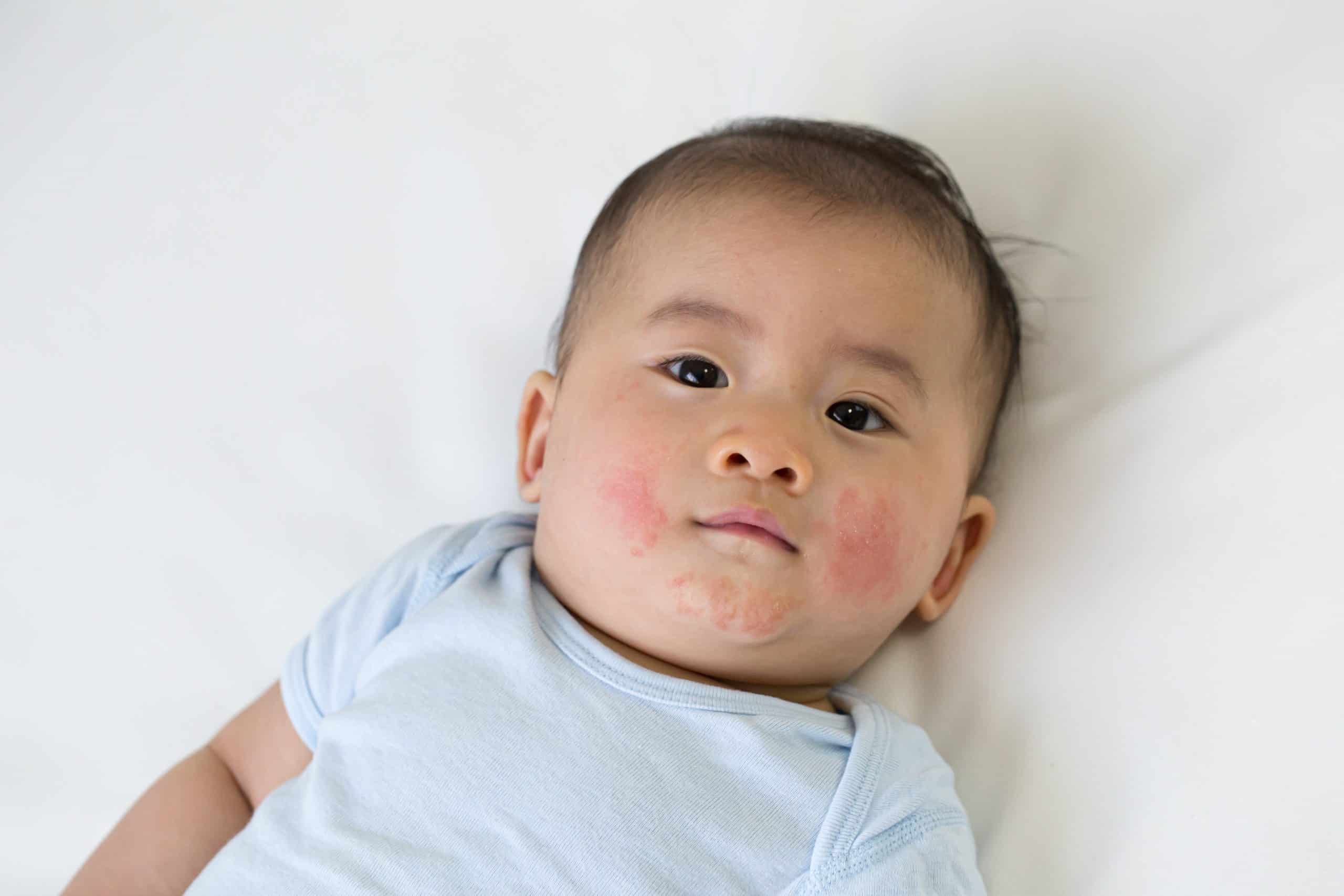
Do you have a newborn at your place? If yes, it is time to take proper care of everything otherwise the baby will get prone to different issues. One of the quite common problems is known as Baby Acne. Yes, you read it right. Acne is not only the problem of teens but babies as well. Just like in the case of teens, here also hormones are the culprit.
Another unbelievable fact is that around 70% of newborns are found to have this issue, even though the severity varies with babies. However, the happy news is that this is a completely harmless issue and more often resolves without any treatment. When it comes to any sort of issue, it is said that prevention is better than finding cures. So, in this guide, we shall talk about Baby Acne in detail that will cover its types, causes, treatments, and prevention measures. So, let’s get started!
In This Article
- What Is Baby Acne?
- Types Of Baby Acne
- How Long Does Acne In Babies Last?
- Symptoms Of Baby Acne
- Causes Of Baby Acne
- When To Take The Baby To A Doctor?
- Diagnosis Of Baby Acne
- Effective Treatment Prescribed
- Home Remedies To Treat Acne In Babies Effectively
- Prevention Measures To Follow
- Conditions Visually Similar To Baby Acne
What Is Baby Acne?
Baby acne is a common skin condition of babies in which there is a formation of white-headed papules around the forehead, cheeks, neck, and other parts of the torso. It is also named Erythema toxicumneonatorum. Infantile acne is general body rashes that do not cause any harm to the body functioning of the infant. In fact, infants are fund least bothered about acne.
Types of Baby Acne

Infantile acne is basically of two types which are explained below:
1. Neonatal acne
It is a kind of mild acne condition that occurs in newborn babies and causes pink lesions without any serious bumps. This acne does not affect the normal functioning of the body and does not make the skin dry and itchy.
2. Infantile acne
It is a kind of serious acne condition that occurs in infants of 3 to 4 months making the skin dry and itchy. This acne is found on the cheeks and scalp of the baby along with the formation of inflammatory papules causing discomfort to the infant.
How Long Does Acne In Babies Last?
With the proper assistance of the doctor and medical prescriptions, neonatal acne lasts within a month and does not cause any scars behind. Whereas, infantile acne is more adamant and persists until the baby turns one. Infantile acne could last for months with zero signs of fading or resolving. Infantile acne tends to leave permanent scars if it goes beyond three years. In such cases, medical intervention is required to solve the issue.
Symptoms of Baby Acne
Now let’s have a look at some of the common signs and symptoms of infantile acne:
- Red blisters around the cheek and neck acne.
- Itchy pimples make the baby scratch his skin.
- Infantile acne is usually found on the cheeks, neck, and scalp of the infant.
Causes of Baby Acne

Just like the 8th grader, the major cause of infantile acne is elevated female hormones. Here the culprit is not the baby’s hormones, but the hormones of the mother that get into the bloodstream of the baby during the pregnancy and through breastfeeding.
These hormones stimulate the oil glands in the baby’s skin, making them prone to acne. In case the hormones get into the baby’s bloodstream during the last stage of pregnancy, the baby may have baby acne when they are born itself. Some of the other factors that trigger infantile acne are:
- The pores in the bay’s skin are not yet fully developed. This makes them fail to handle the oil produced and makes the baby prone to acne.
- There are many possibilities that the child is allergic to some material they contact. This can result in breakouts.
- Baby acne can appear as a result of allergic reactions to some medicines given to the baby.
- Changes in temperature or weather conditions can also result in infantile acne.
When To Take The Baby To A Doctor?
There are some situations that might demand the consultancy of the doctors and baby care specialists if the condition has become severe:
- Infantile acne along with fever might be an indicator of some viral infection.
- Yellowish acne with some pus formation can lead to bacterial invasion which can harm the sensitive skin of the baby.
- Irritability and repetitive crying behavior of the kid making the infant scratch his skin too often can cause rashes.
- If the baby’s acne is too serious, it might be eczema.
Diagnosis Of Baby Acne
Baby acne can be easily diagnosed using any of the following methods:
- Pediatrician checkup
- Laboratory test
- Blood test
Effective Treatment Prescribed

There are no such medications for baby acne, although the doctor can suggest you some creams and liquid medicines which might relieve the itchiness on the baby’s skin and reduce the scars on his cheeks.
Do’s
- Clean the acne area with lukewarm water two to three times a day
- Pat dry gently by means of a soft cloth.
Don’ts
- Never try to squeeze or scrub the acne
- Don’t apply anti-acne products meant for adults to a baby’s skin.
- Never use baby lotions or powder in the affected area.
Home Remedies To Treat Acne In Babies Effectively
Dabbing breast milk by means of cotton in the acne is an excellent home remedy to treat infantile acne. A regular bath in lukewarm water also helps. These are considered as the two most effective remedies for infantile acne. Oatmeal bath is also found effective when it comes to treating baby acne.
But you can’t neglect the chances of aggravating the issue if you treat sensitive skin with topical remedies. Breast milk acts as an antibiotic and reduces the amount of redness on the infant’s skin and daily bathing can make the baby tidy and neat removing the scars on his face and scalp.
Prevention Measures To Follow

Here are some of the healthy tips that can prevent the problem of baby acne:
- Use neat and clean clothes for the baby.
- Try to make the baby’s skin as moist and refreshed as you can.
- Change the diapers of the baby frequently.
- Keep your baby neat and tidy by regular
Conditions Visually Similar To Baby Acne
The conditions given below might look as similar to infantile acne:
- Prickly heat or Miliaria appears as a result of over-accumulation of sweat in the duct.
- Skin Hives that appear as a result of an allergic reaction
- Milia, small whitish bumps that appear due to the buildup of keratin in the ducts of sweat glands of the baby’s skin.
- Teething rashes appear along with mild fever.
Conclusion
Infantile acne may seem to be a curable issue, however, it can prove to be quite itchy and babies will not be able to stay fit during that time. It is, thus, important to follow all the crucial steps in a systematic manner, to get the best solution in no time. Not only this, but during the treatment, it is necessary to maintain cleanliness throughout so that the baby’s health and hygiene remain good and no other disease can come near it.

Editorial Team,
With a rich experience in pregnancy and parenting, our team of experts create insightful, well-curated, and easy-to-read content for our to-be-parents and parents at all stages of parenting.Read more.
Responses (0)
Want curated content sharply tailored for your exact stage of parenting?
Related articles
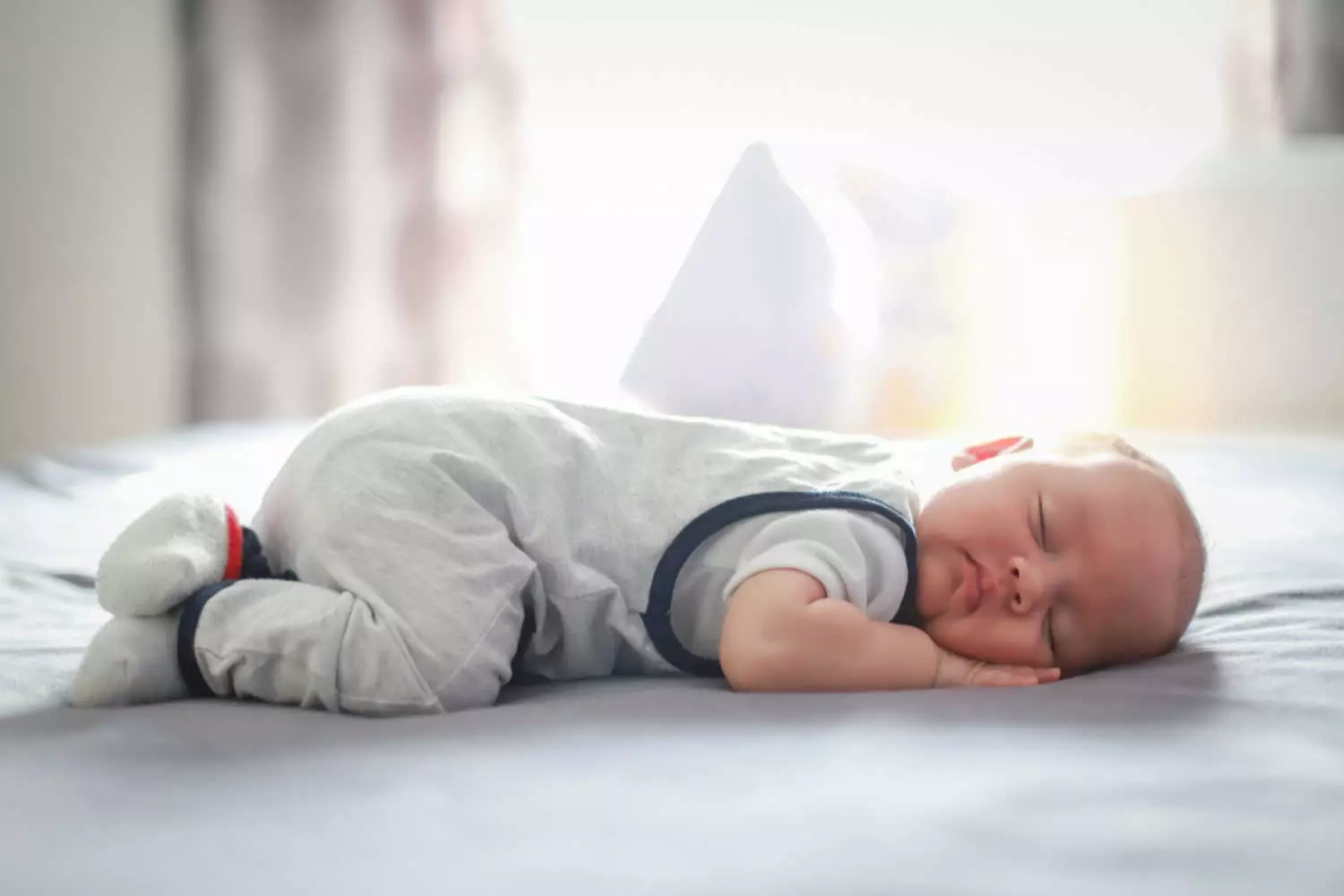
When Can Babies Sleep on Their Stomachs Safely?
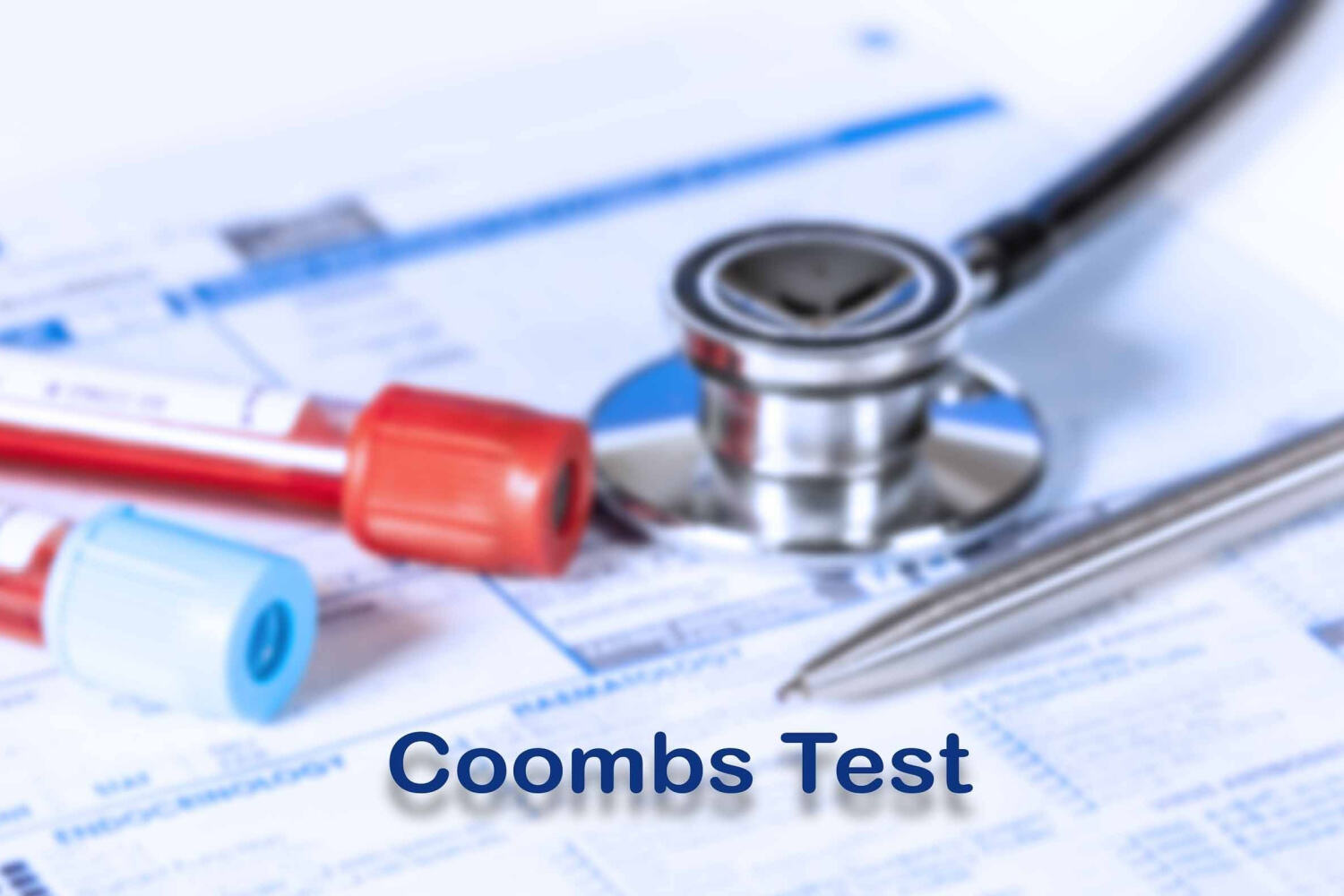
Positive Coombs Test in Newborns – What it is, When it is Done and How to Take Care
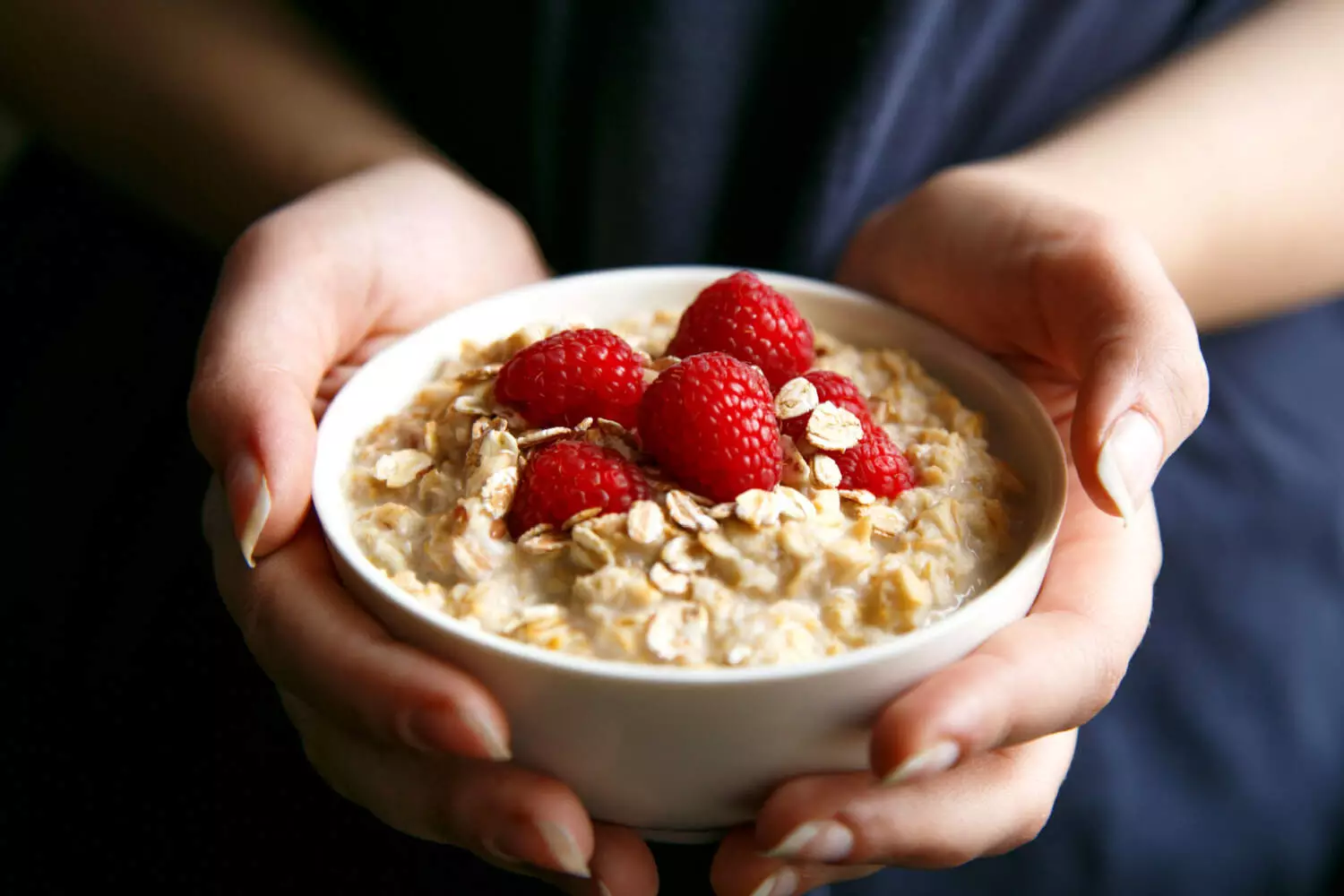
Oatmeal For Breastfeeding Mothers – Does it Increase Breast Milk Supply?

Cytomegalovirus (CMV) in Babies – What is it, Causes, and Treatments

Passion Fruit (Krishna Phal) For Babies – Is it Safe, When to Introduce and Benefits
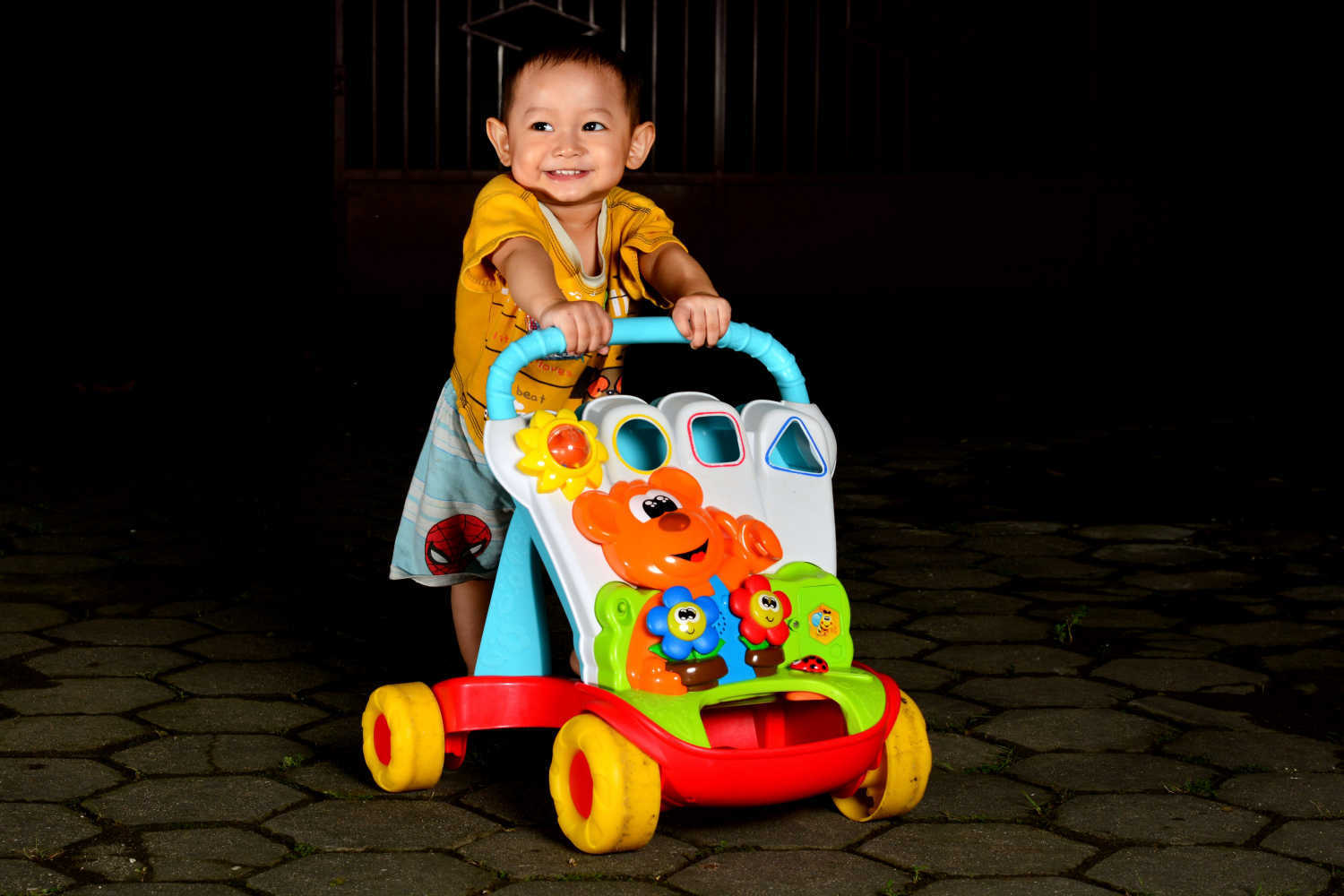
Push and Pull Toys For Babies – How it Helps in Baby’s Development
Sponsored content
Discover great local businesses around you for your kids.
Get regular updates, great recommendations and other right stuff at the right time.





